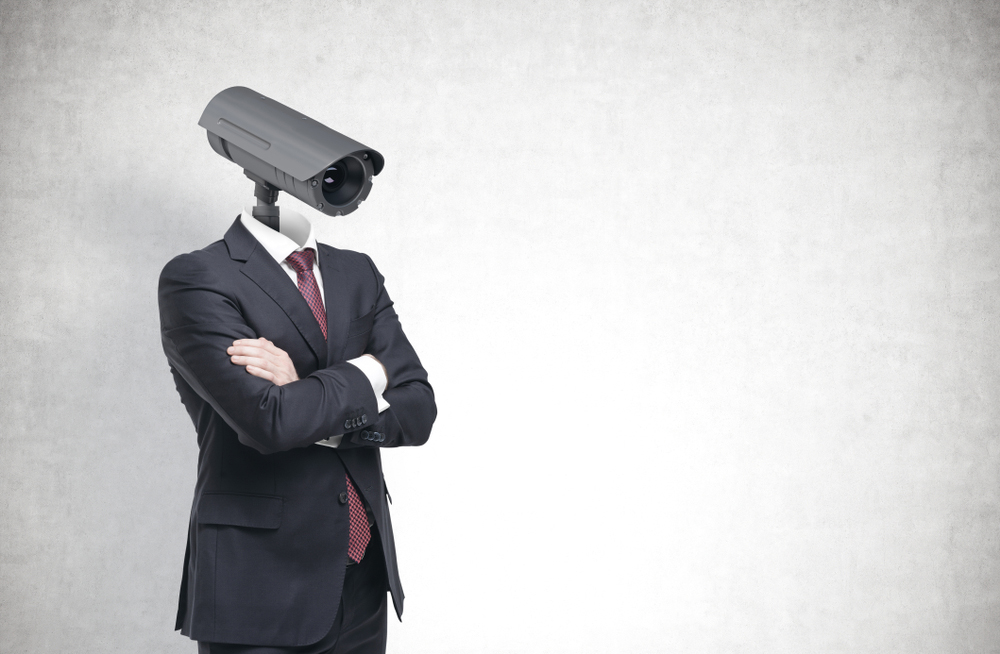Employers may search employees’ personal property, including their vehicles, when on company premises, the National Labor Relations Board (NLRB) recently ruled. The NLRB also affirmed employers may monitor employee activity on company-issued communication devices, computer systems, and networks.

The significant decision continues to show how difficult it is for unions to win work rule cases under the Board’s recently adopted Boeing standard.
Facts and Findings
Verizon Wireless’ work rule read:
In order to protect company assets, provide excellent service, ensure a safe workplace, and to investigate improper use or access . . . Verizon reserves the right to inspect, monitor and record the use of all company property, company provided communications devices, vehicles, systems and facilities—with or without notice—and to search or monitor at any time any and all company property and any other personal property (including vehicles) on company premises.
The administrative law judge (ALJ) who first heard the case found the rule was facially invalid under Lutheran Heritage. The earlier case set a standard that certain rules were unlawful if they could discourage employees from engaging in activities protected by Section 7 of the National Labor Relations Act (NLRA) because, for example, they feared searches would lead to evidence of the activity, such as union authorization cards.
Shortly after the ALJ issued her decision, however, the NLRB issued Boeing, which overruled Lutheran Heritage and established a new standard for evaluating whether a facially neutral work rule violated the NLRA. Under the Boeing standard, the Board asks whether the work rule, reasonably interpreted, would interfere with the exercise of protected rights:
- If the answer is “no,” the rule stands without further analysis.
- If the answer is “yes,” the Board evaluates the rule using two competing factors: “(i) the nature and extent of the potential impact on NLRA rights, and (ii) legitimate justifications associated with the rule.”
NLRB’s Decision
Vehicle searches. In Verizon’s case, the NLRB applied the Boeing standard and rejected as “unsupported speculation” the ALJ’s conclusion the work rule could chill protected activity on the basis that “an objectively reasonable employee . . . would understand that the purpose of the rule is, as it states, to protect company assets, provide excellent service, ensure a safe workplace, and to investigate improper use or access.”
Also, because the rule merely “reserves the right” to search employees’ personal property, and nothing in its text suggested the vehicle searches would be frequent or routine, the possibility they might one day occur and lead to employer “eavesdropping” was too “remote” to justify invalidating the work rule.
According to the NLRB, Verizon’s interest in “prevent[ing] theft or other loss of assets” outweighed any “minimal impact” maintaining the rule would have on Section 7 activity.
Company computers. The NLRB also found employers could lawfully maintain work rules allowing them to monitor employee activity on company-issued communication devices, computer systems, and networks.
In Caesars Entertainment, decided in 2019, the NLRB decided employees don’t have a right to use employers’ IT infrastructure to engage in protected concerted activity unless they have no other reasonable means of communicating with one another.
In doing so, the Board deemed the maintenance of the work rules reasonable: “Because an employer lawfully may monitor its employees’ company-issued computers and devices for legitimate management reasons, it does not violate the Act to maintain a policy informing employees that their company computers and devices are subject to employer monitoring.” Verizon Wireless (June 24, 2020).
Takeaways for Employers and a Word of Caution
Verizon’s victory provides another illustration of how difficult Boeing has made it for unions to win work rule cases. Rules that would have been declared unlawful under the old Lutheran Heritage standard pass muster under Boeing. And as Verizon Wireless shows, the current NLRB will continue to issue employer-friendly decisions, so long as the rule is facially neutral and supported by legitimate business needs.
That said, the adoption and implementation of work rules involving employer monitoring activity aren’t risk-free. For instance, Verizon Wireless doesn’t decide whether frequent and routine searches of employee vehicles or other personal property would be sufficient to sustain a charge of unlawful employer surveillance. It answers only the question of under what circumstances the right to maintain such a work rule is lawful.
Searching employees’ property and monitoring their use of company-issued communication devices also may mean you’re acquiring specific knowledge of an individual’s union support. Unions can use that knowledge to cloud grievance and arbitration proceedings by claiming unlawful retaliation, should you attempt to discipline the employee.
Additionally, time spent submitting to an employer’s search of personal property may be compensable under various state wage laws. In February 2020, the California Supreme Court decided time spent submitting to a security/bag check was compensable under that state’s laws.
Thus, while Verizon Wireless signals the current NLRB will continue to issue employer-friendly decisions in work rule cases, employer monitoring activity falls into a specific subset of rules entangled in a complex legal landscape with overlapping labor and employment considerations. Consult with labor and employment counsel before drafting and implementing such work rules.
John Hodges-Howell and Peter G. Finch are attorneys with Davis Wright Tremaine LLP. You can reach them at johnhodgeshowell@dwt.com or peterfinch@dwt.com.
